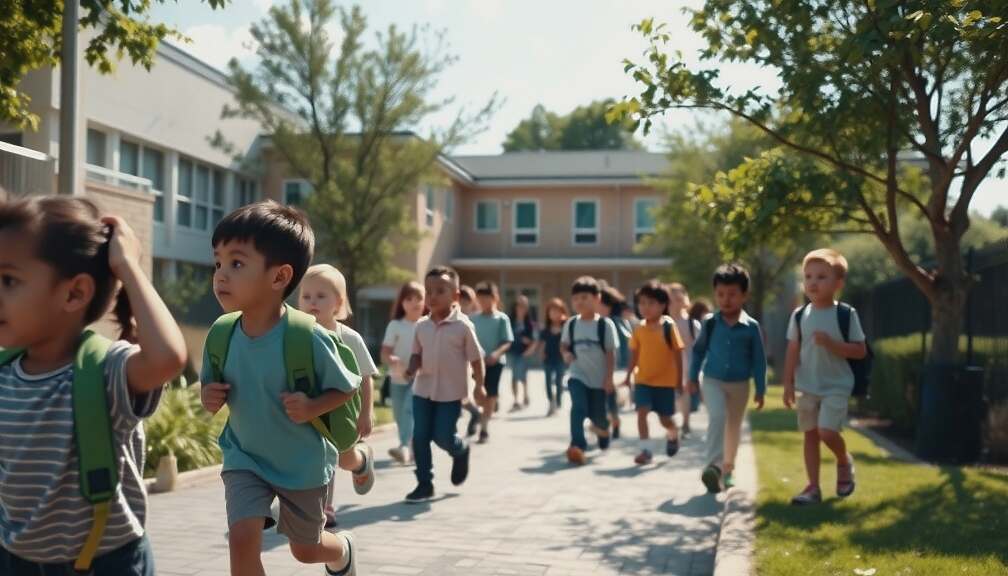A new study from the Ifo Institute has illuminated the complex impact of expanding all-day schooling (Ganztagsschulen) in German primary education, revealing both significant benefits and surprising limitations. The research, released Thursday, suggests a correlation between attending all-day primary schools and a heightened likelihood of students progressing to Gymnasium – the academically rigorous secondary school system.
Beyond academic tracking, the study highlights a palpable improvement in several key areas. According to Larissa Zierow, Ifo research professor and professor at the Hochschule Reutlingen, children in all-day programs report lower instances of bullying and express greater overall satisfaction with their school experience. Perhaps most unexpectedly, the research indicates that children in Ganztagsschulen spend less time on homework and more time dedicated to reading, suggesting a shift in how leisure time is utilized. A crucial finding also points to a reduction in reliance on parental support – a potentially significant easing of pressures on working families.
However, the study’s authors are keen to emphasize that the benefits are not universal. Arnim Seidlitz, from the Institute for Employment and Vocational Training, cautioned that the expansion of all-day schooling has not demonstrably narrowed social inequalities within the education system. “We observed no statistically significant differences in outcomes attributable to socioeconomic background” he stated. “Children from less privileged families do not systematically benefit more or less from all-day schooling compared to their peers”. Crucially, the research found no meaningful effect of Ganztagsschulen on mathematics grades, suggesting that the positive impacts are primarily concentrated on other areas of development.
The findings are likely to fuel ongoing debates about the strategic allocation of resources within the German education system. While the evidence strongly suggests all-day schooling can foster a more positive school environment and potentially bolster future academic pathways, the lack of a significant impact on social equity and specific academic areas raises questions about the efficiency and broad applicability of this educational model and necessitates a more nuanced approach to its implementation. The research emphasizes the need for continuous assessment and adaptation to ensure that the expansion of Ganztagsschulen truly serves the best interests of all students, regardless of their background.












